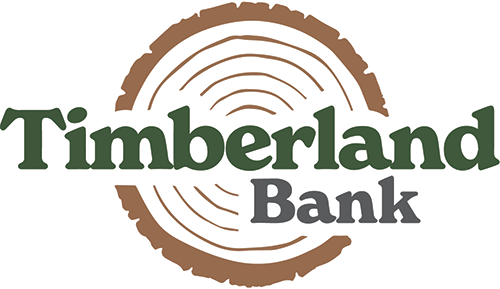
Guide to Applying for a Business Loan
If your business has reached a point where it needs an infusion of funds in order to grow, you may be in the market for a business loan. A business loan can help a struggling small business establish itself better, or help a thriving company expand its line of products, open an additional location, move to a larger site, hire new team members or purchase expensive equipment.
Here's a guide with helpful information about the application process:
Make sure your credit is in order
Before applying for a business loan, check your personal and business credit health.
A personal credit score is measured in the hundreds, with scores ranging from 300-850. A score that falls from 670-739 is good, 740-799 is very good, and 800-850 is considered exceptional. You can check your personal credit report once a year at no cost from AnnualCreditReport.com. Review your score for any inaccuracies or fraudulent charges and be sure to dispute these immediately through any of the credit bureau websites: Experian, Equifax, or TransUnion.
If your credit score is low, work on improving your credit before applying for a loan by meeting your monthly payments on time and keeping credit utilization low.
Update your business plan
Update your business plan if you have a new or expanding business. The plan should include details about how the company intends to use the funds from the loan, the anticipated increase in revenue and plans for repaying the loan.
Consider arranging supplemental collateral
Lenders generally prefer to reduce the risk of a borrower defaulting on a loan by securing collateral for the loan. For business loans, this usually takes the form of the company’s accounts receivable, equipment or other valuable assets. When applying for a business loan, you can offer additional collateral to the lender, such as personal assets, like real estate. This will enable you to qualify for the loan and may reduce the risk and increase the likelihood of approval.
Organize your personal and business documents
You’ll need the following documents and identifying paperwork to apply for a business loan at Timberland Bank:
- Three years tax returns – business (Signed and dated)
- Three years tax returns – personal (With Statements and K-1 Schedules.) (Signed and dated)
- Business balance sheet and income statement year to date. (Signed and dated)
- Schedule of loan payments of the business (to whom and how much).
- Current Personal Financial Statement(s) on each principal (ownership of 20% or more) or guarantor(s) to be involved. (Please complete each box, line item, and/or schedule in its entirety.) (Signed and dated)
- Business Loan Application
Submit your application
Once you’ve gotten all of your paperwork in order, you’re ready to apply for a loan. Timberland Bank's business loans offer generous terms and competitive rates. Contact your local Commercial Loan Officer to start the process.


